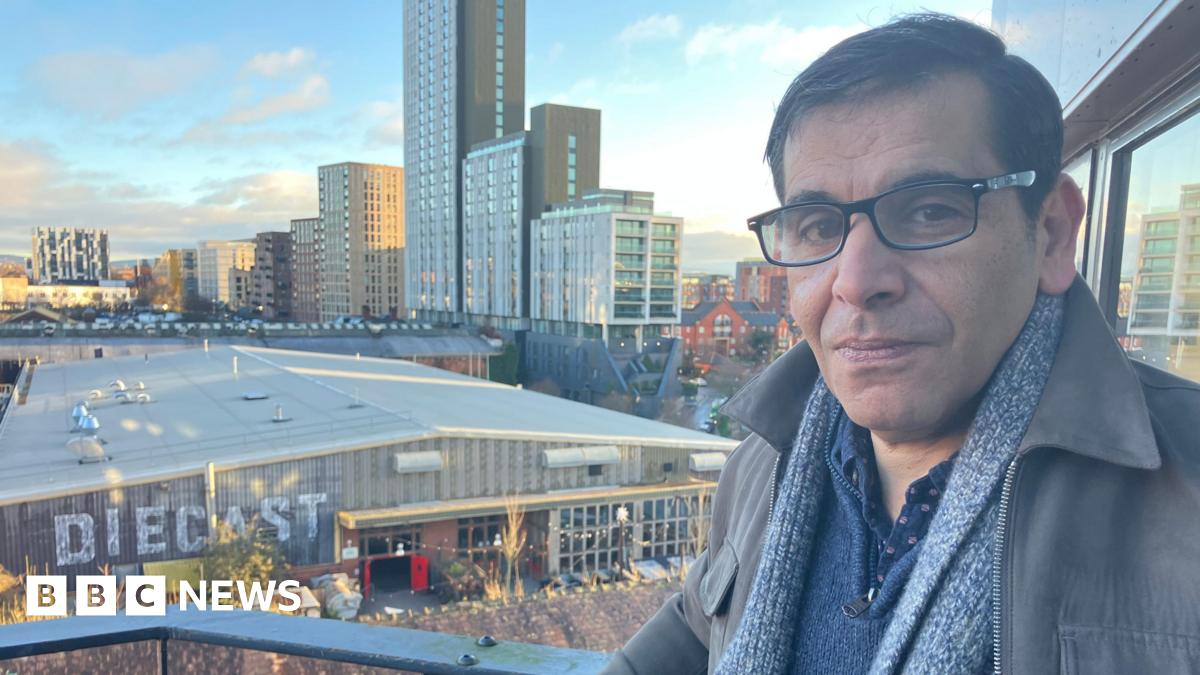But he warned that it would not take a mass exodus to cause issues for the public coffers, as “tax payments are very concentrated on a small number of people”.
“There’s clearly a risk there that Rachel Reeves has to think about,” Mr Adam said.
“Some of the tax changes that have been speculated are very concentrated on those at the top of the income distribution.”
There could “be more at stake from these people than just the income tax they’re paying” as the individuals in question would likely be paying large amounts in other forms of taxation such as capital gains, Mr Adam added.
Green Party co-leader Carla Denyer warned against taking threats by the super rich to leave the country seriously.
“This didn’t happen when changes were made to non-dom status in 2017,” she said.
“There are lots of reasons that the wealthy choose to live in the UK, including work, family and culture, and many are happy to pay a bit more if it means a happier and healthier society.”
The figures, which were compiled by HMRC, have been obtained through Freedom of Information laws and relate to 2021/22, the latest year for which data is available.
That year, the UK had a total income tax receipt of £225bn, with contributions from some 33m taxpayers.
The 60 people with incomes of more than £50m made up just 0.0002% of UK taxpayers and together paid 1.4% of the income tax receipt.
HMRC initially blocked the release of the information on the grounds that disclosing the figures would identify the individuals in question.
But the authority agreed to release the data after further requests by the .
The IFS has said a way to dissuade wealthy individuals from leaving the UK could be to introduce an “exit tax”.
Some other countries “say that if you leave the UK, we will tax you on gains that have accrued while you’re here, even if you don’t sell the asset until later”, Mr Adam said.
“And symmetrically, we will exempt people who built up gains before they came to the UK, even if they sell assets while they’re here.”
A Treasury spokesperson said: “We are addressing unfairness in the tax system so we can raise the revenue to rebuild our public services.
“That is why we are removing the outdated non-dom tax regime and replacing it with a new internationally competitive residence-based regime focused on attracting the best talent and investment to the UK.”









